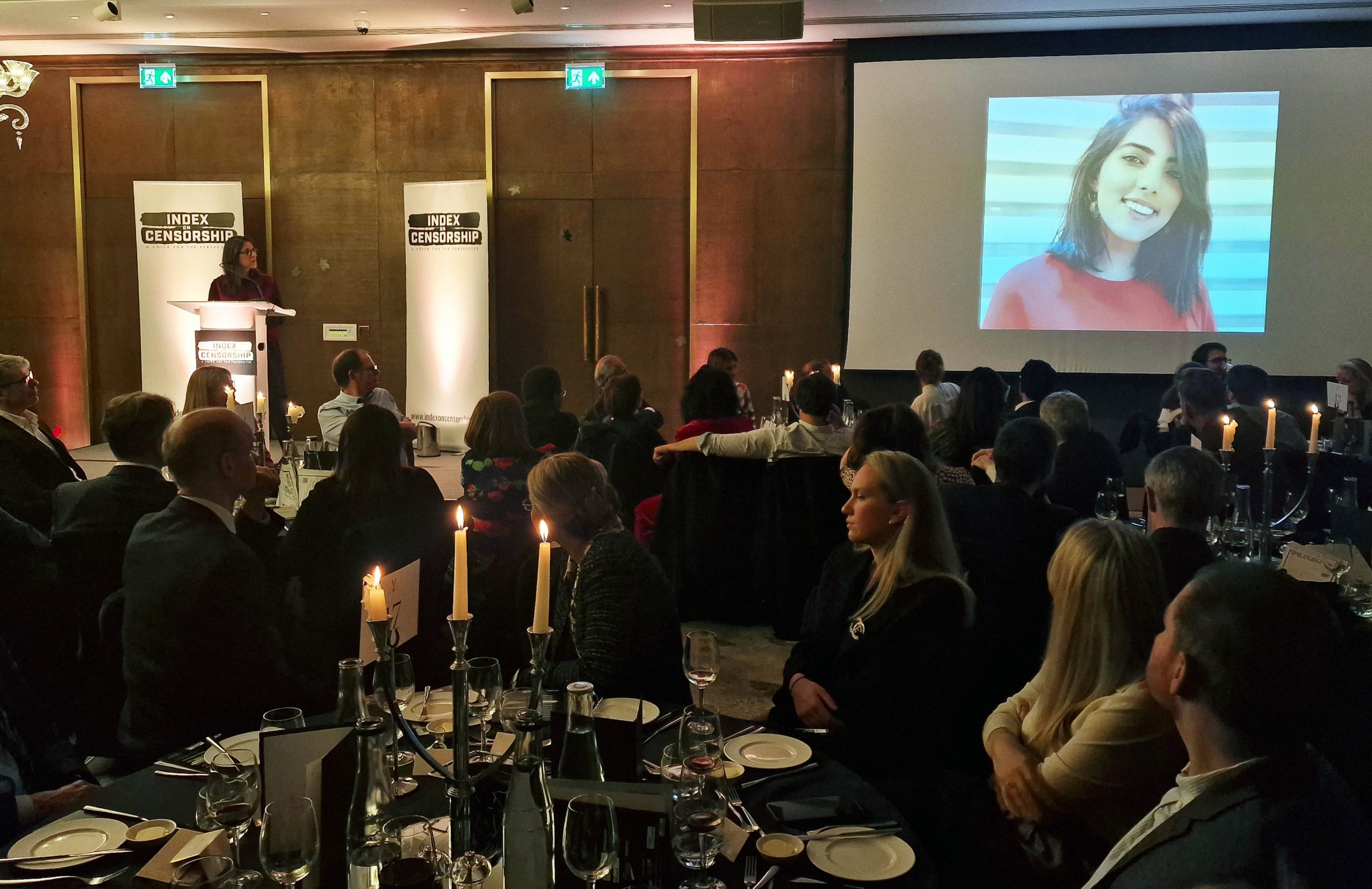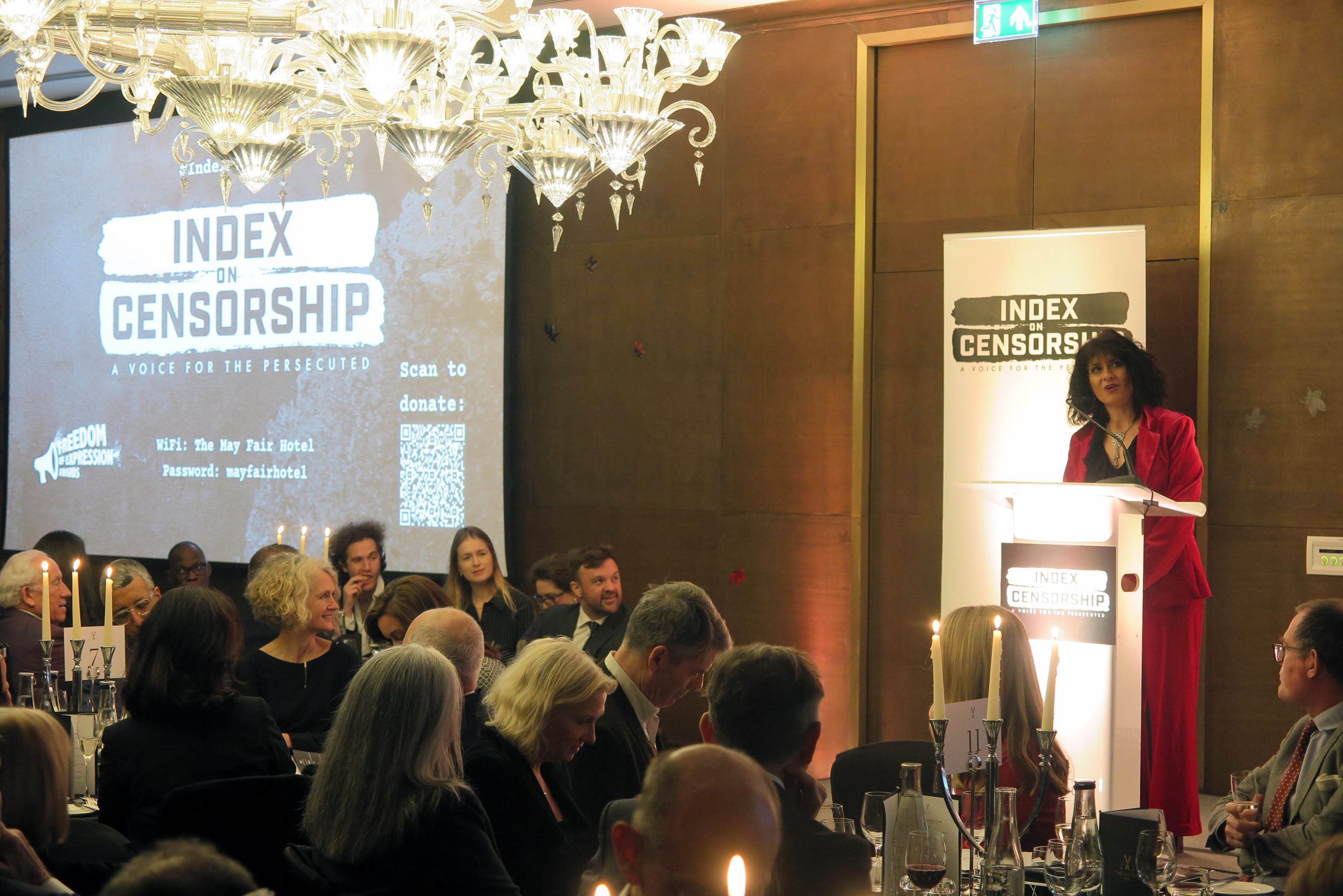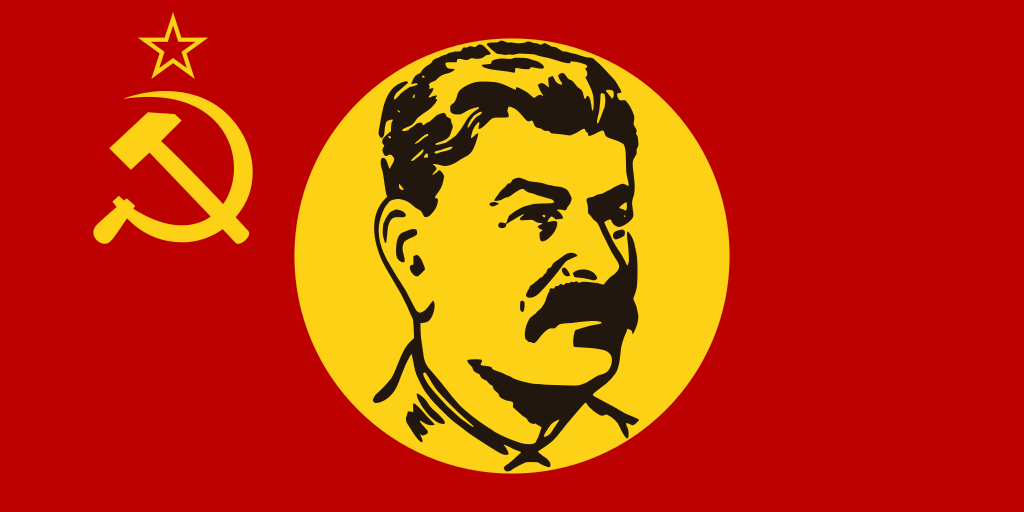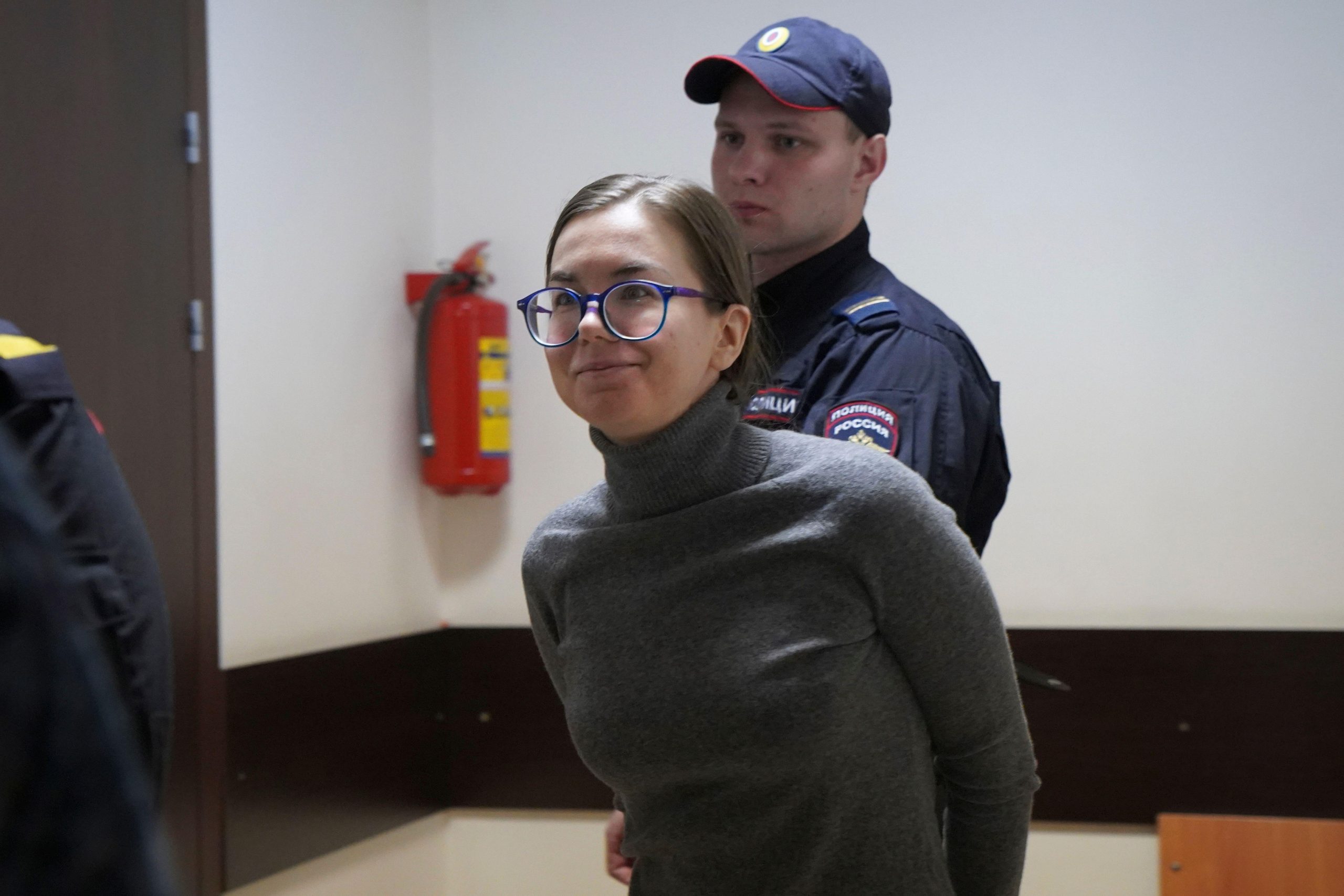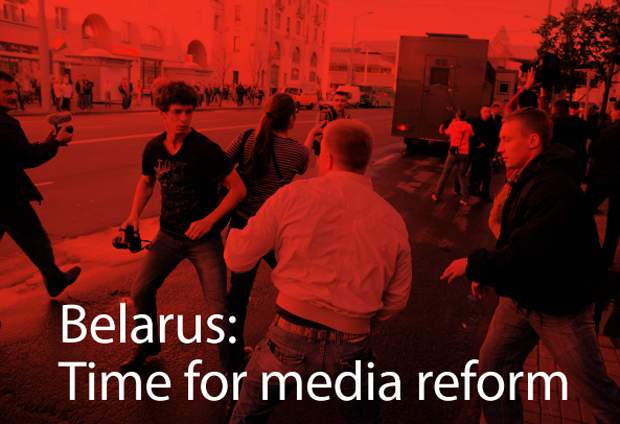
Read the full text of the policy paper “Belarus: Time for media reform” here. | Поўны тэкст аналітычнага дакладу “За рэформы медыя ў Беларусі” можна пабачыць тут.
This article is the first of a series based on the Index on Censorship report Belarus: Time for media reform
Belarus continues to have one of the most restrictive and hostile media environments in Europe.
Despite pressure from international sources recent years have brought no genuine improvements to the media situation. In a country that has not held a free or fair election since 1994, the authorities keep tight control over the media as a means of preserving their power.
The country’s media market is strictly controlled by the Belarusian government. That control rigs the media market to benefit state-owned providers and impedes the development of independent print and television outlets through legislative and administrative restrictions. The state-owned media enjoys significant budget subsidies, favourable advertising and distribution contracts with government agencies. In comparison, independent publications face economic discrimination and distribution restrictions. Field research conducted for this policy paper in Belarus found clear differences between editorial policies of the media based on their ownership including the topics they cover and their approaches to coverage.
The internet has become an important source of independent information for Belarusians. The development of online news media is hindered by the structure of the internet market, which is dominated by large portals and services, including many Russian sites. Belarusian authorities also aim at tighter regulation of internet as outlined in Index’s policy paper, Belarus: Pulling the Plug.
Restrictive media legislation and its oppressive implementation has made the media landscape unfavourable for freedom of expression. Media law forces new outlets to register and regulations give the state the power to close down media even for minor infringements. Accreditation procedures are used to restrict journalists’ access to information and foreign correspondents face additional obstacles in reporting from the country. The criminalisation of defamation, anti-extremism legislation and other laws are being used to curtail media freedom and persecute independent journalists and publishers. The police use violence and detain journalists, especially those who cover protests. Reporters are routinely sentenced to administrative arrests and fines.
Despite ongoing pressure by international bodies such as Index on Censorship, the authorities of the country have been quite reluctant to discuss or implement recommendations on media legislation or changes in practices of their implementation to bring them in line with international standards.
Index urges the Belarusian authorities to immediately remove all contraventions of human rights and media freedom. The much-needed reforms of the media field should be launched in order to end harassment and persecution of journalists, and eliminate excessive state interference in media freedom. The outline of these reforms should result from a dialogue with professional community and civil society of the country.
The European Union and other international institutions must place the issue of media freedom on the agenda of any dialogue with the Belarusian authorities to demand genuine reforms to bring the Belarus media-related legislation and practices of its implementation in line with the Belarusian Constitution and its international commitments in the field of freedom of expression.
****
Freedom of expression and freedom of the press is guaranteed in the Belarusian Constitution. But despite the authorities of the country stating it “has a full-fledged national information space” that “develops dynamically”, the country is one of the world’s worst places for media freedom. Belarus is listed 193 out of 197, lowest in the 2013 Freedom of the Press rating by Freedom House. Reporters Without Borders rank it 157 out of 179 countries in their 2013 Press Freedom Index.
According to Thomas Hammarberg, a former Council of Europe Commissioner for Human Rights, “free, independent and pluralistic media based on freedom of information and expression are a core element of any functioning democracy; freedom of the media is also essential for the protection of all other human rights.”
The media freedom situation and the form of the Belarusian media market are affected by the overall political situation. The media field is tightly regulated by the authorities of the country that see close control over the information sphere as their basis of preserving power. Belarus is described as “not free” in terms of political freedoms and is criticised for its overall poor human rights record. No election or national referendum in Belarus has been recognised as free and fair by OSCE ODIHR since President Alexander Lukashenko came to power in 1994. According to Belarusian human rights organisations, there are currently 11 political prisoners behind bars. The report of the UN Special Rapporteur on the situation of human rights in Belarus suggests there are serious problems with freedom of expression, freedom of assembly, freedom of association and other fundamental rights and freedoms.
Serious concerns over profound and systemic problems with media freedom in Belarus have been highlighted on numerous occasions by the European Parliament, the OSCE Representative on Freedom of the Media and the UN Special Rapporteur on the situation of human rights in Belarus, as well as civil society within the country.
“The Belarusian independent media fulfil a crucial role in the state dominated media landscape in Belarus and have been one of the main victims of the authorities’ crackdown on independent opinions after the 2010 Presidential elections,” said the EU Commissioner for Enlargement and Neighbourhood Policy Štefan Füle.
The main areas of concern are the restrictive legal framework, issues of impunity and journalists’ safety as well as the ongoing economic discrimination by the state against independent media.
Part 1 Belarus: Europe’s most hostile media environment | Part 2 Belarus: A distorted media market strangles independent voices | Part 3 Belarus: Legal frameworks and regulations stifle new competitors | Part 4 Belarus: Violence and intimidation of journalists unchecked | Part 5 Belarus must reform its approach to media freedom
A full report in PDF is available here
This article was published on 10 February 2014 at indexoncensorship.org


